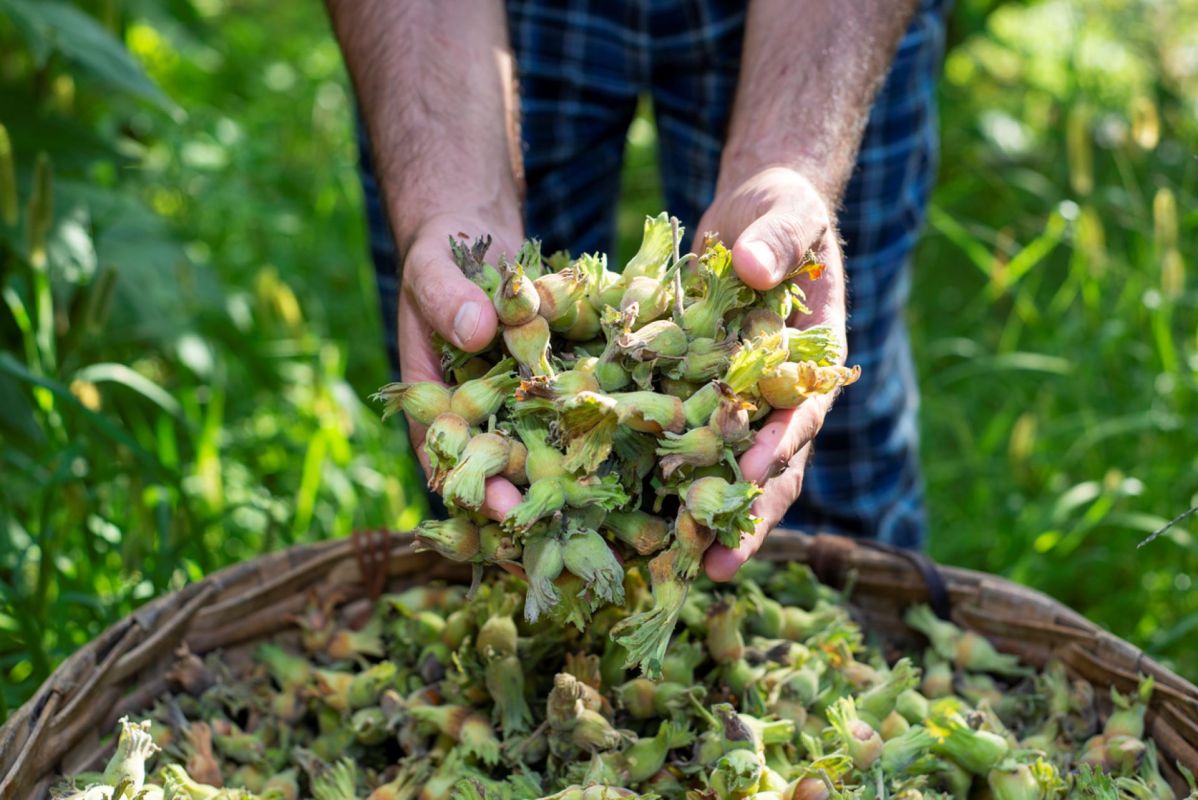In a startling development impacting the global snack and confectionery market, hazelnut prices have dramatically spiked. The Mintec Benchmark Prices for Turkish hazelnuts, a critical ingredient in many beloved treats, surged by 24% in four weeks to $790 per 100 kg (about $358 per pound).
The price hike is tied directly to concerns over the dwindling supply from Turkey, the world's leading hazelnut producer, according to Mintec.
Earlier this May, the International Nut and Dried Fruit Council (INC) estimated the 2023-24 Turkish hazelnut crop at about 893,000 tons, a slight 2% drop year-over-year. However, the Turkish Ministry of Agriculture and Forestry's subsequent estimate was substantially lower at 791,000 tons, raising eyebrows across the industry.
The situation worsened as Turkish sources reported even lower yields since the harvest began in late August.
"There are very few hazelnuts this year. We went to speak to farmers, and they all said that the harvest would be much smaller than last year," said Kenan İncirkuş, a trader based in Giresun, Turkey. "We are seeing the effects of global warming, insect damage and, in particular, a lack of rainfall during the critical nut development period in May."
Some market sources fear the harvest could plummet to as low as 683,000-717,000 tons. This reduction, coupled with strong demand from major buyers like Ferrero, has led to a scramble in the market.
Aldo Trisciuoglio, CEO of the nut trading company Log2Go, notes that many contracts made earlier in the year, when prices hovered around $550 per 100 kg (about $249 per pound), are now at risk of not being fulfilled, adding to market pressures. As prices continue to rise, the market is bracing for potential changes. Traders anticipate a reduction in hazelnut usage in product mixes.
The hazelnut situation in Turkey echoes similar patterns seen in other agricultural commodities worldwide. This summer, olive oil surged in price due to sustained above-average temperatures.
Similarly, the challenges faced in the tomato sauce supply chain, essential for pizza and pasta, reflect a global trend where the effects of Earth's overheating disrupt traditional agricultural practices and market stability. The beer industry has also grappled with hops shortages due to drought conditions.
These stories paint a picture of a food industry at a critical juncture, where sustainability and adaptation to rising global temperatures are necessary for future stability and growth.
Join our free newsletter for cool news and actionable info that makes it easy to help yourself while helping the planet.









